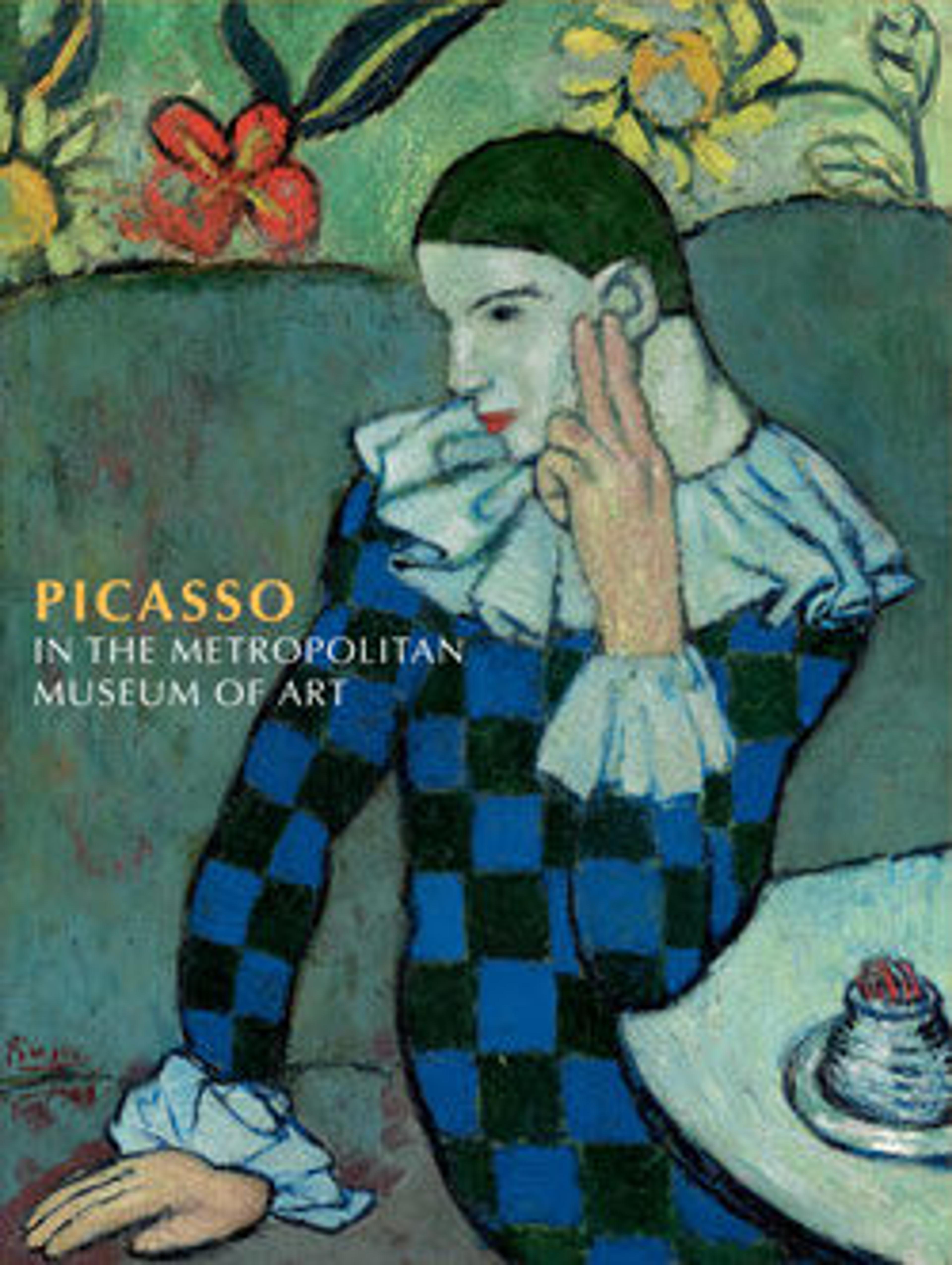Woman in an Armchair
Artwork Details
- Title: Woman in an Armchair
- Artist: Pablo Picasso (Spanish, Malaga 1881–1973 Mougins, France)
- Date: 1909–10
- Medium: Oil on canvas
- Dimensions: 32 × 25 3/4 in. (81.3 × 65.4 cm)
- Classification: Paintings
- Credit Line: The Mr. and Mrs. Klaus G. Perls Collection, 1997
- Object Number: 1997.149.7
- Rights and Reproduction: © 2025 Estate of Pablo Picasso / Artists Rights Society (ARS), New York
- Curatorial Department: Modern and Contemporary Art
Audio
1850. Woman in an Armchair, Part 1
Not on view
This fractured Cubist nude exemplifies Picasso’s use of abstracted figures that encourage the viewer to make his or her own personal connections. Picasso brilliantly characterized the subject of the nude in his work, and I quote him: “I want to say the nude. I don’t want to do a nude as a nude. I want only to say breast, say foot, say hand or belly. To find the way to say it, that’s enough. I don’t want to paint the nude from head to foot, but succeed in saying. That’s what I mean. When one is talking about it, a single word is enough. For you, one look and the nude tells you what she is, without verbiage. We must find the way to paint the nude as she is. We must enable the viewer to paint the nude himself with his eyes. We must see to it that the man looking at the picture has at hand everything he needs to paint a nude. If you really give him everything he needs—and the best—he’ll put everything where it belongs, with his own eyes. Each person will make for himself the kind of nude he wants, with the nude that I have made for him.”
To hear more about Cubism, press the green play button now.
Listen to more about this artwork
More Artwork
Research Resources
The Met provides unparalleled resources for research and welcomes an international community of students and scholars. The Met's Open Access API is where creators and researchers can connect to the The Met collection. Open Access data and public domain images are available for unrestricted commercial and noncommercial use without permission or fee.
To request images under copyright and other restrictions, please use this Image Request form.
Feedback
We continue to research and examine historical and cultural context for objects in The Met collection. If you have comments or questions about this object record, please complete and submit this form. The Museum looks forward to receiving your comments.
